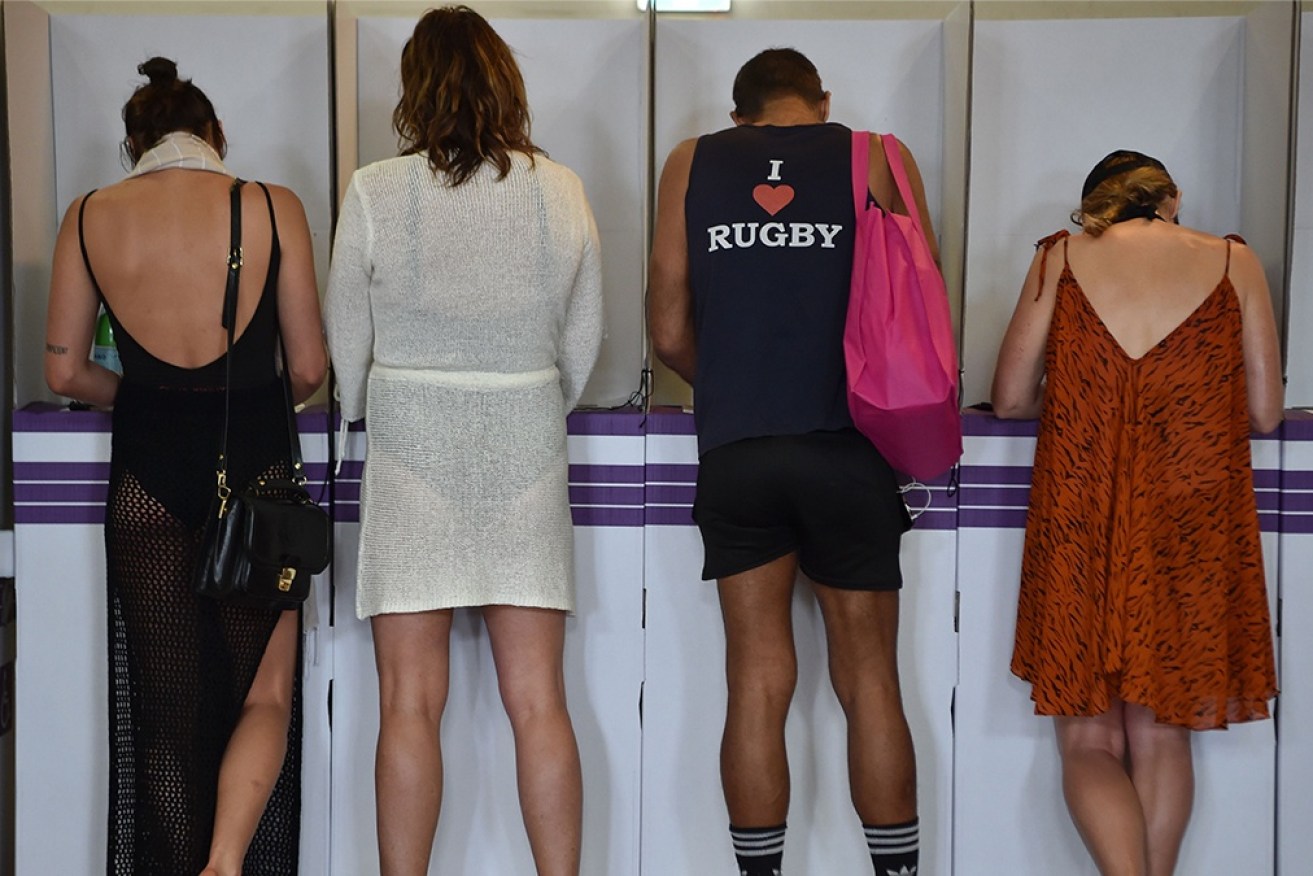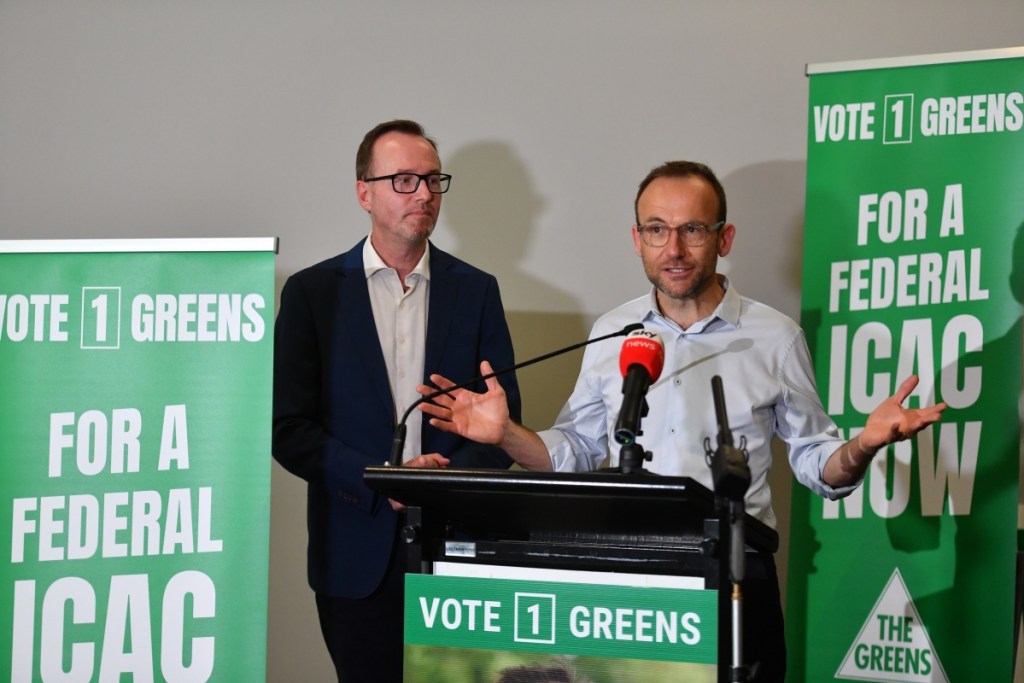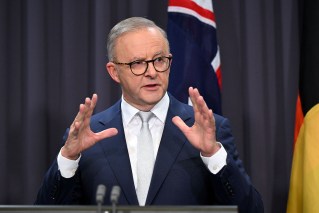Political divide between young and old is growing – LNP and Labor beware


Millennials and young voters are driving a divide in the way different generations vote. Photo: Getty
Traditional wisdom dictates that young people outgrow progressive politics and become more conservative as they age.
But there is increasing evidence that political parties on the conservative side of the ledger, like the Liberal Party, might not be able to rely on such changes in the future.
Equally, major parties who see themselves as more progressive, like the Labor Party, cannot be certain that the move away from conservative voting as people age will benefit them.
With this in mind, Peter Stahel, managing director of progressive polling firm Essential, says there is no doubt that the generational divide between young and old voters is an issue for Australia’s biggest political parties.
“It is really going to change the landscape,” he said.
“The primary vote of the two major parties is going to remain historically low, which increases the likelihood of minority parliament and the potential for coalitions on both the left and the right.”
Stahel pointed to analysis from the Centre of Independent Studies that shows voters are no longer following the traditional pipeline of young progressives becoming conservative elders; the results of the 2022 federal election, and recent polling as evidence of the left-right generation divide.
“Political parties need to think carefully about what younger voters are looking for in terms of political reform,” he said.
“By our calculation, Gen Z and Millennials will make up half the voting population by the end of this decade; with every single year you’ve got tens of thousands of voters falling off the [electoral] roll as they become old and die.”
A new bloc
Millennials have driven a huge change in voting patterns over the past 20 years, with the Greens winning an increasing amount of support, the Coalition failing to find new and younger voters, and the Labor Party ebbing and flowing in appeal, according to data released by the Australian Parliament.
Jack Toohey, a content creator and political commentator, said that the Labor and Liberal parties would ignore young voters’ wants and needs “at their own peril”.
“If they don’t change their tune and they don’t start listening to young people and our cries or help, whether that be through the rental and housing crisis or the climate crisis, there’s going to be no clear path to government,” he said.
“We can have more fairness within society, and it’s not hard, but it doesn’t seem like major parties are really interested in this.”
He said the conflict in Gaza is an example of where the political positions of the Labor Party and the Coalition are at odds with young voters.
“You’re seeing with the university protests around the world that it is a clear disconnect about how young people are thinking and feeling about what’s happening in Gaza,” Toohey said.
“Their policies are quite the same and basically uphold the status quo that has stolen the future of a lot of young people around the world.”
Minority governments
The 2022 federal election heralded the largest crossbench in Australian history following the election of inner city Greens and teal independents.
Stahel said the concentration of progressive voters in inner city electorates, the rise of teal independents and the Labor and Liberal parties competing for the “so-called sensible centre” has increased the possibility of minority governments.
“We get a lot of commentary about minority government being unstable or chaotic and there’s certainly more negotiation and compromise required,” he said.
“If you look at the legislative record of minority parliaments both here and elsewhere, it isn’t really backed up.”

Stahel, a former advisor to the Greens, said that Labor must heal the divide with the Greens because of the potential of a minority government. Photo: AAP
The Gillard government, for example, was successful in passing bills, despite being a minority government that was heavily criticised as chaotic and rudderless.
Toohey said more people are starting to realise that minority governments, independents and minor parties can achieve results.
“This election will be the first time we outnumber the boomers,” he said.
“Young people may have voted in the past the way their parents did, but they are realising their vote is powerful.”








